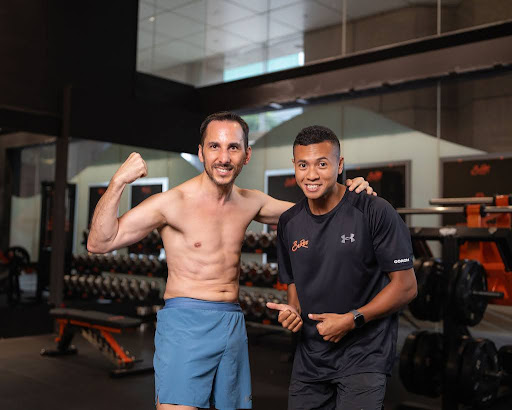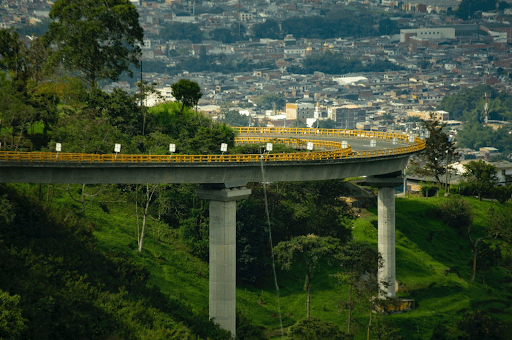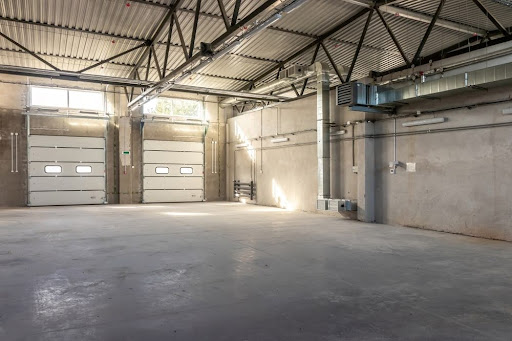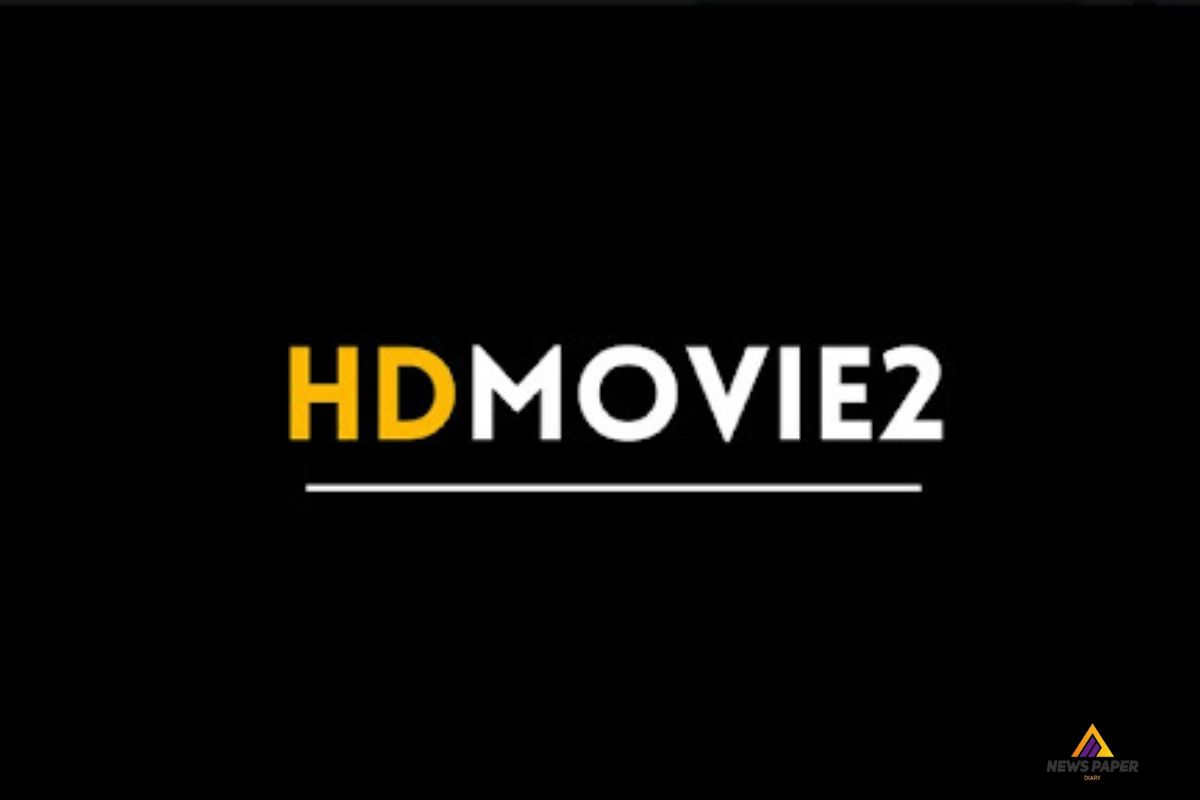Introduction: Making Informed Choices for Your Fitness Journey Embarking on a fitness journey is a significant commitment, and having the guidance of a qualified personal fitness trainer can make all the difference in achieving your health and wellness goals. In Singapore, where fitness culture is thriving, choosing the right personal fitness trainer is crucial for […]
Exploring the Marvels of Shrinker Machines in Packaging
In the ever-evolving landscape of packaging technology, the shrinker machine stands as a beacon of innovation and efficiency. From protecting products to enhancing their presentation, these machines play a crucial role in modern packaging operations. In this blog, we’ll dive deep into the world of shrinker machines, uncovering their functionalities, benefits, and the significance of […]
Cómo la Línea Base y la Información Geográfica Impulsan el Análisis Espacial Moderno
Introducción En el vasto mundo del análisis espacial y la planificación territorial, la integración de una línea base sólida con información geográfica detallada se ha convertido en una piedra angular para comprender y gestionar el espacio que nos rodea de manera efectiva. Este enfoque no solo es esencial para los geógrafos y planificadores urbanos, sino […]
Xmas Lights in Houston | Tips to Choose the Right Lighting Service
The festive season is fast approaching, and as Houstonians gear up for another spectacular display of holiday lights, many residents are contemplating enlisting the help of professional Xmas lights services to transform their homes into winter wonderlands. If you’re looking for the right lighting service and Xmas lights in Houston, here’s an in-depth guide to […]
Tips for Finding the Ideal Small Industrial Space for Rent
In the dynamic landscape of business and industry, securing the right space is a pivotal step towards success. For entrepreneurs and businesses seeking a compact yet efficient operational base, the quest for a small industrial space for rent can be both challenging and rewarding. This blog aims to guide you through the process of finding […]
Event Manager Jobs: Unveiling Executive Roles in Events and Recruitment Agencies
In the dynamic and ever-evolving landscape of the events industry, the role of event managers has become more pivotal than ever. These skilled professionals are the architects behind memorable experiences, orchestrating everything from corporate conferences to extravagant weddings. In this post, we’ll delve into the world of event manager jobs, shedding light on the executive […]
Black Feather Skirt: Elevating Your Style with Class
In the dynamic world of fashion, where trends come and go, the black feather skirt stands out as a timeless and classy wardrobe essential. This versatile piece not only adds a touch of elegance to your ensemble but also provides endless possibilities for styling. Today, we explore the chic allure of the black feather skirt […]
Grace Charis Age, Wiki, Net Worth, Ethnicity, Career
Elegance Charis is a notable American model, online entertainment powerhouse, Instagram character, content maker, OnlyFans star, and money manager from Newport Ocean side, California. This shocking lady is notable for her extraordinary virtual entertainment posts. She essentially shares golf-related recordings and photos on her web-based entertainment accounts. Quick Facts Real Name Grace Charis. Occupation Golfer, […]
HD Movies2 Watch Movies Online
Before we examine the best HD films 2 assortment you can watch on the web, we should comprehend what HDmovie2 is. A site allows you to stream and download Programs and Indian motion pictures for nothing. Albeit numerous streaming sites exist, there is something else about HDmovie2. What’s going on here? The way that this […]
Ekaterina Novikova Wiki, Bio, Age, Net Worth & More
Ekaterina Novikova, otherwise called Executioner Katrin, is a model hailing from Russia. She has collected fame as an Instagram character and an unmistakable force to be reckoned with via virtual entertainment. Through Instagram, she features her staggering photos, gathering a significant following of north of 2 million admirers. Hailing from Russia, Ekaterina Novikova has become […]










